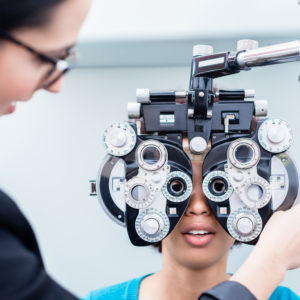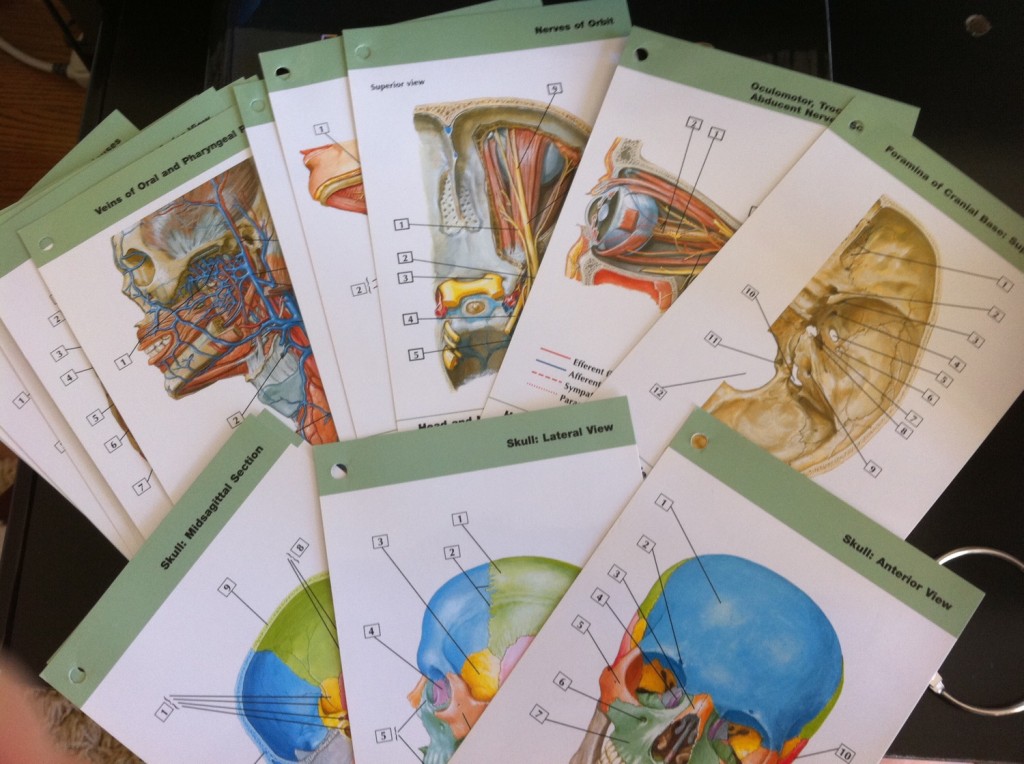Optometric Practice in the Palmetto State
What do beaches, Southern food, US history, and the show “Southern Charm” all have in common? The state of South Carolina! “The Palmetto State,” nicknamed after the state tree, was the eighth state to join the union in 1788.
Things to do in South Carolina

There’s something for everyone in South Carolina. History enthusiasts may want to visit Fort Sumter, the location of the first battle of the Civil War. Annual festivals like the “World Famous Blue Crab Festival” are sure to delight every foodie. In addition, movie buffs will recognize that the state has been utilized to film many movies including “Forrest Gump,” “Dear John,” “The Notebook,” and “The Patriot.” And of course, South Carolina is home to two of the most popular beaches on the east coast, Myrtle Beach and Hilton Head Island.
Columbia, the State Capital
In the state capital of Columbia, South Carolina, past and present cultures collide. The city is home to the University of South Carolina. In addition to the college, Town Theater, the oldest community theater still in operation in the country, is in Columbia, as well as many museums, orchestras, operas and dance companies. Columbia is also perfect for those who love staying active, as the city encompasses numerous state parks, zoos, and walking trails.
Historic Charleston
Antique charm with a modern flare is found in the city of Charleston. Charleston has colorful houses, cobblestone paved streets, carriage rides, and even ghost tours through historic buildings. This city also contains several modern spaces. These include King Street luxury shopping, rooftop bars, and even an aquarium. After touring through this beautiful city, it’s easy to understand why it’s been voted the “South’s Best City” by Southern Living.
Working in South Carolina
As of the most recent report conducted in 2017 by the Bureau of Labor Statistics, South Carolina currently employs between 500-940 optometrists, and is a state that boasts one of the highest annual mean wages in the country for their eye doctors. However, according to a report conducted by South Carolina’s Office for Healthcare Workforce in 2011, many optometrists are concentrated in the more populous cities of Greenville, Columbia, Charleston, and Myrtle Beach. There are at least seven counties without a single optometrist. For doctors interested in starting a practice in an area with great need, the more rural areas of South Carolina may be the perfect location.
Recent Legislation
The South Carolina Optometric Association has been on the forefront of pushing the envelope of the scope of practice for their optometrists. The South Carolina Optometric Association has done an amazing job at ensuring the future and validity of optometry in South Carolina. South Carolina is one of the most progressive states for optometrists and possesses one of the more expansive scopes of practice for their optometrists in the United States.

In 2015, South Carolina approved legislation allowing optometrists to prescribe Schedule II hydrocodone and hydrocodone-combination drugs. In 2016, the South Carolina legislation successfully passed Senate Bill 1016, which “prohibits providers of eyeglass and contact lenses from issuing their products to patients that lack a valid prescription.” The law continues, “to be valid, a prescription may not be based solely on the refractive eye error of the human eye or be generated by a kiosk.” According to their law, a kiosk includes any app or device “designed to be used on a phone, computer, or Internet-based device that can be used in person or remotely to provide refractive data or information.” South Carolina is the 8th state to impose such a ban.
South Carolina Scope of Practice
In South Carolina, optometrists CAN:
- Perform minor surgical procedures to correct ocular abnormalities such as removal of “lumps and bumps” around the eye including scalpel usage, suturing, and injectable local anesthetic usage
- Prescribe oral medications including Schedules II (hydrocodone-combination products) (narcotic), III (narcotic and non-narcotic), IV, and V drugs
- Prescribe oral steroids (21 day treatment)
- Prescribe oral and topical antihistamines, antimicrobials, analgesics (7 days) and OTC medications
- Diagnose and treat glaucoma with topical and oral drugs
- Co-manage post-operative care
- Perform procedures such as foreign body removal, dilation and irrigation, punctal occlusion, and eyelash epilation
- Provide and aid in care of ocular prosthetics
- Order laboratory tests required for the examination, diagnosis, and treatment of a disease or condition related to the human eye
- Prescribe or administer orthoptic therapy (vision therapy)
In South Carolina, optometrists CANNOT:
- Perform cataract extractions, retinal surgery, or refractive surgery (such as LASIK)
- Perform laser or non-laser injections into the posterior chamber of the eye to treat any macular or retinal disease
- Administer medications including anesthetics by injection, including subcutaneous infiltrative, intralesional, intramuscular, and subconjunctival routes
- Perform anterior segment laser procedures including YAG capsulotomies, SLT, and LPIs
- Administer general anesthesia
- Administer IV medication
Think you want to live and practice in South Carolina? Contact the South Carolina Optometric Association here. And for our complete legislative list, click here.


